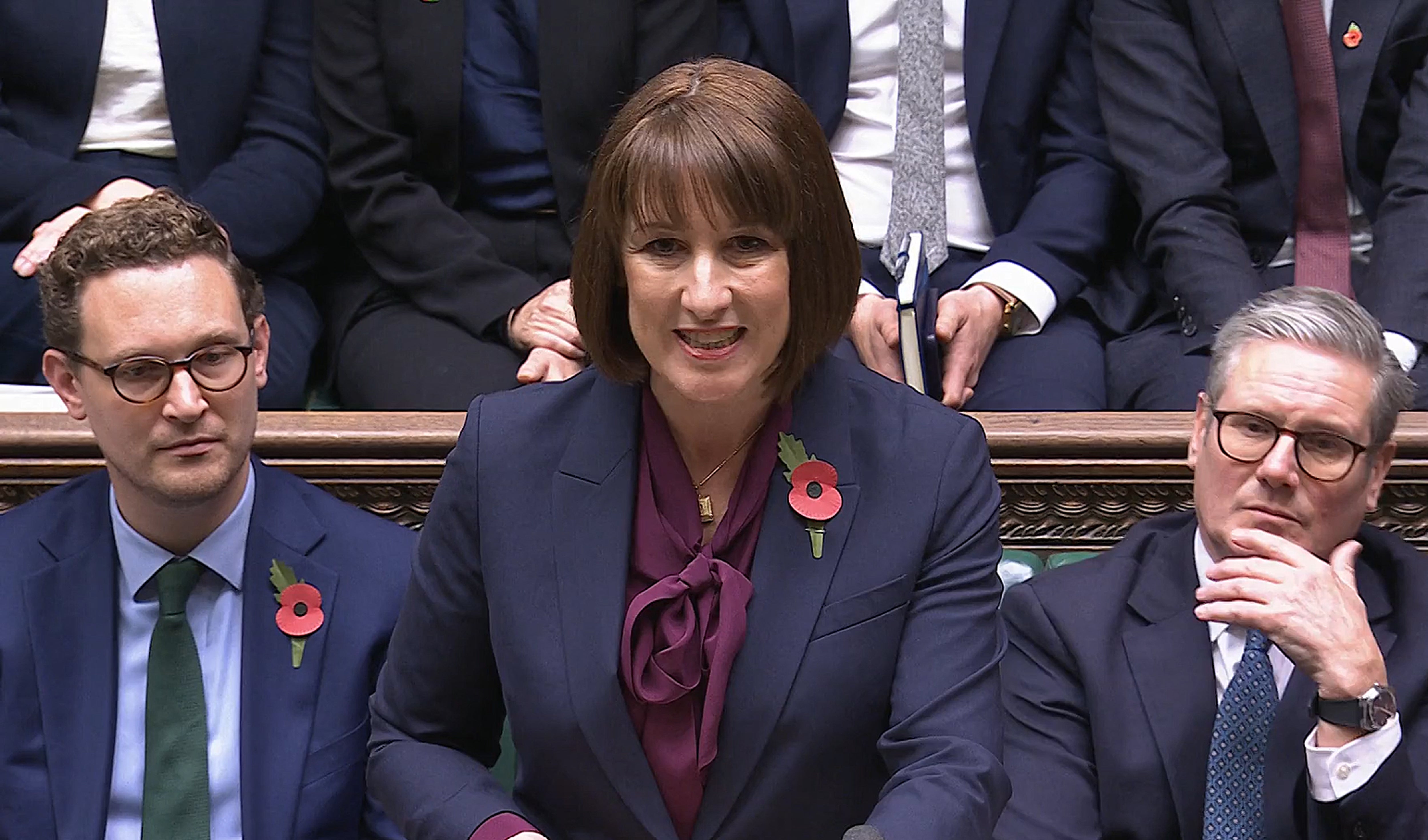Rachel Reeves has announced Labour’s first Budget in 14 years, making history as the first female chancellor to lead the fiscal event.
The chancellor had made no secret of the difficult task she faced, with her announcement set against the backdrop of the £22bn ‘black hole’ in public finances she says was left behind by the previous Tory government.
Beginning her statement with an attack on the previous Conservative administration for “hiding the reality” of the scale of this spending challenge. She went on to reveal that new taxation measures aim to raise £40bn – the highest since 1993.

Taking the stand in Commons, Ms Reeves said Labour would never again “allow a government to play fast and loose with public finances.”
Lasting around an hour, the chancellor’s historic speech shed light on all the rumoured measures – with a few surprises thrown in.
Here’s your guide to the key tax rises the chancellor announced today:
Increasing employer NICs
Employer national insurance contributions (NICs) are set to rise by 1.2 per cent. The tax is the contribution paid by employers on top of their employee’s wages. It will now increase from 13.8 per cent to 15 per cent from April 2025.
The chancellor also confirmed Labour will cut the earnings threshold at which employers start paying this levy from £9,000 to £5,000.
Rumours of the measure proved controversial in the build-up to the Budget, with critics saying the likely negative impact on wages would make it an effective tax on ‘working people.’
However, Labour ministers have insisted the change does not break their promise by arguing that it is a levy on employers, not workers. Ms Reeves says she expects the measure will raise £25bn per year.
Capital gains increase – moderately
Following the chancellor’s announcement, capital gains tax (CGT) will increase to 18 per cent on lower rate and 24 per cent on higher rate.
CGT is paid on the profit made when an asset which has increased in value is sold. It is applied to things like the sale of personal possessions worth more than £6,000 (apart from a car), property that’s not the seller’s main home, shares and business assets.
Before the change, it was charged at 10 or 18 percent for basic rate taxpayers, and 20 or 24 for higher or additional rate earners. There is a tax-free allowance of £3,000.
Expected to raise a few hundred million, this is a much more modest tweak to the CGT system than some economists had predicted. Ms Reeves says the rate changes will also not apply to property sales.
The chancellor added that “the UK will still have the lowest capital gains tax rate of any European G7 economy”.
‘Balanced’ inheritance tax reform
As expected, inheritance tax (IHT) has been reformed in what the chancellor says she hoped was “a balanced approach.” The tax is a levy on the estate of someone who has died – meaning their property, money and possession.
Inheritance tax thresholds will be extended for two more years, until 2030. This means the first £325,000 of any estate can still be inherited tax-free until then. After this, it will still be taxed at 40 per cent.
However, she also announced that inherited pensions will be brought into inheritance tax from April 2027. A few lesser-known rules have also been tweaked: business relief and the ability to pass on agricultural land tax-free.
Ms Reeves said: “We will close the loophole made even bigger when the lifetime allowance was abolished by bringing inherited pensions into inheritance tax from April 2027.
“We will reform agricultural property relief and business relied from April 2026, the first £1m of combined business and agricultural assets will continue to attract no inheritance tax at all.
“But for asset over £1m, IHT will apply with a 50 per cent relief and at an effective rate of 20 per cent. This will ensure we continue to protect small family farms with three quarters of claims unaffected by these changes.
Fuel duty remains frozen
Defying several predictions, the chancellor confirmed at the Budget that the freeze on fuel duty will be extended for at least another year.
Speaking to MPs, Ms Reeves begun by saying she has to “take some very difficult decisions” on tax, and noted to retain the 5p cut and freeze fuel duty again would cost more than £3 billion next year.
However, she then surprisingly revealed it would be the “wrong choice” to increase fuel duty next year, saying she would continue the freeze and maintain the temporary 5p cut for another year.
“There will be no higher taxes at the petrol pumps next year,” she added.
Stamp duty increase
Another less-expected measure, the chancellor has confirmed that stamp duty tax paid on second house purchases will be raised from Thursday (the day after the announcement).
This will bring the surcharge – or extra amount of tax paid – on second homes from 3 to 5 per cent.
Ms Reeves said: “This will support over 130,000 additional transactions from people buying their first home, or moving home, over the next five years.”







